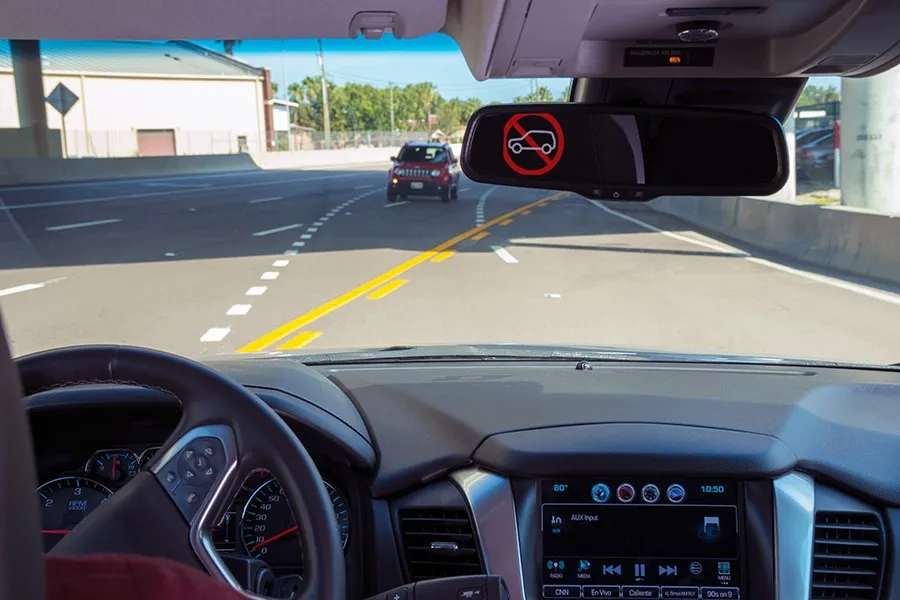The US Army Tank Automotive Research, Development and Engineering Center (TARDEC) and the Michigan Department of Transportation (MDOT) recently teamed up to test vehicle to infrastructure communications technology for Army vehicles along I-69.
According to MDOT, the testing, which was the first step to eventual autonomous operations of Army line-haul convoys and included direct communications between Army trucks and roadside units deployed by MDOT, was a success.
Messaging that is low in latency and
June 27, 2016
Read time: 1 min
The US Army Tank Automotive Research, Development and Engineering Center (TARDEC) and the 1688 Michigan Department of Transportation (MDOT) recently teamed up to test vehicle to infrastructure communications technology for Army vehicles along I-69.
According to MDOT, the testing, which was the first step to eventual autonomous operations of Army line-haul convoys and included direct communications between Army trucks and roadside units deployed by MDOT, was a success.
Messaging that is low in latency and provides pro-active information is paramount to the success of eventual full automation for supply convoys. This testing demonstrated the capability of this technology and MDOT’s expertise in the infrastructure necessary to support autonomous vehicle testing in Michigan.
According to MDOT, the testing, which was the first step to eventual autonomous operations of Army line-haul convoys and included direct communications between Army trucks and roadside units deployed by MDOT, was a success.
Messaging that is low in latency and provides pro-active information is paramount to the success of eventual full automation for supply convoys. This testing demonstrated the capability of this technology and MDOT’s expertise in the infrastructure necessary to support autonomous vehicle testing in Michigan.








